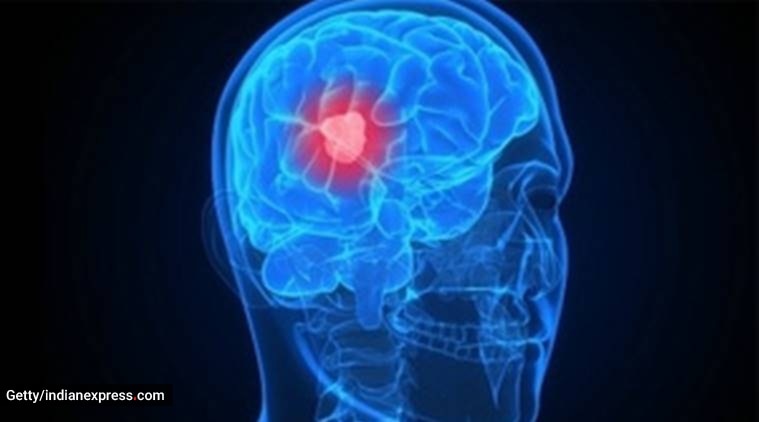While some brain tumours need urgent surgeries, in a few cases, surgeries can be avoided with medicines.

Most people draw on their knowledge of a brain tumour from movies or serials, keeping viewers on tenterhooks about a protagonist’s survival prospects. Even in real life, a large section of the society does not have adequate knowledge about brain tumours, noted Dr Ashish Shrivastav, senior consultant, neurosurgeon, Dharamshila Narayana Superspeciality Hospital. There is a misconception that every tumour will either kill or result in coma with multiple problems, mental and physical. However, a large majority of brain tumours can be treated successfully and most patients resume their normal life. According to a study, the incidence of tumours in the central nervous system in India ranges from around five to 10 cases per 1,00,000 population. Although a severe disease, adequate knowledge and timely treatment can save many lives.
Not all tumours are cancerous. Non-cancerous tumours are called benign while cancerous tumours are called malignant.
This World Brain Tumour Day observed annually on June 8, let’s understand more about brain tumours.
Symptoms which should not be ignored
The symptoms of a brain tumour depend on its location, because each part of the brain controls specific functions in the body. The symptoms also depends on the rate of growth and the rapidity with which the pressure rises inside the brain.
*While not all headaches are due to tumours, severe headache not relieved by common medicines.
*Headache with persisting or projectile vomiting.
*Altered sensorium or loss of consciousness.
*Unexplained confusion even in normal things.
*Seizures or fits in an adult.
*Blurring of vision.
*Impaired hearing or abnormal sounds in the ear.
*Hormonal imbalance.
*Sexual dysfunction.
*Drastic behavioural changes.
*Difficulty in balancing.
What causes brain tumour?
Till date, the cause for brain tumour is not established though many theories are being pursued. However, this has not prevented increasingly successful treatment.
Treatment
As per Dr Anurag Saxena, senior consultant and clinical lead, Neurosurgery and Spine Surgery, Narayana Hospital, Gurugram, “edible medicines can treat brain tumours”.
While some brain tumours need urgent surgeries, in a few cases surgeries can be avoided with medicines. Yes, this fact surprises many, but edible medicines can also cure certain types of brain tumours. Not all brain tumours are alike. Cases can vary according to age and other factors, along with timely follow-ups and monitoring. Hence, the treatment of every tumour is decided by the location, size, stage, etc, of tumours. The treatment of brain tumours can include microscopic or endoscopic surgery, radiotherapy, chemotherapy, etc. The ongoing progress in medical science and technology have made treatment more advanced and chances of a patient resuming a normal routine are getting higher.
Undoubtedly, major surgeries come with the risk of complications like weakness, hormonal imbalance, impaired vision or other problems, but in most cases after timely and proper treatment, patients can lead healthy lives.
However, treatment of brain tumour requires patience and cooperation with the patient. Strong emotional support of family members and friends is required for such patients as any type of mental pressure or stress can lead to more complications. Therefore, such patients need support in maintaining a positive attitude for healing.
? The Indian Express is now on Telegram. Click here to join our channel (@indianexpress) and stay updated with the latest headlines
For all the latest Lifestyle News, download Indian Express App.
Source: Read Full Article



